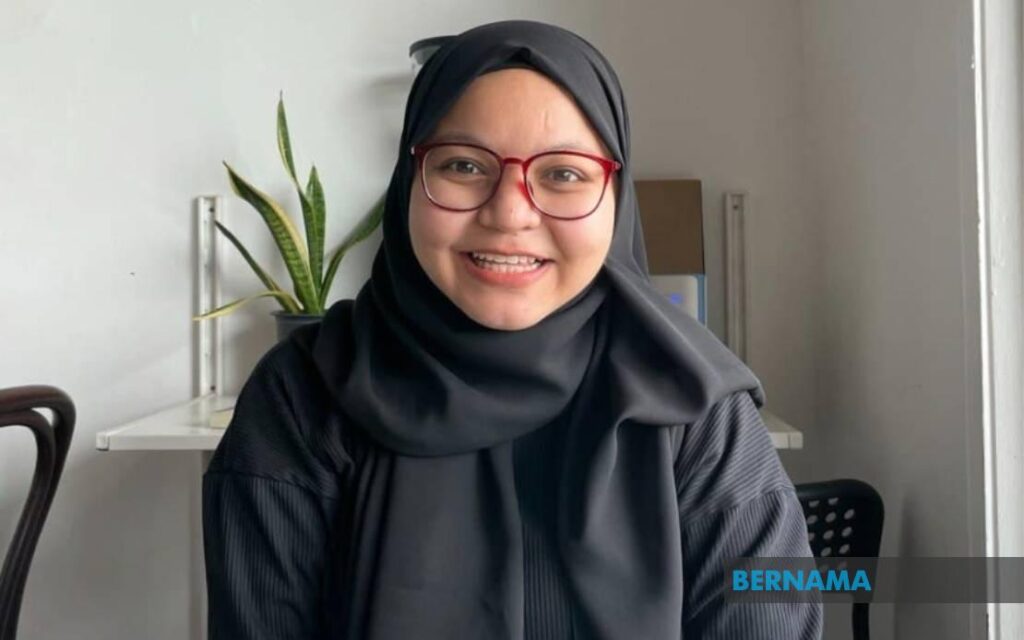Wan Shakila
KOTA KINABALU: A group of girls and boys, in plain clothes and barefoot, gathered in a room at floating premises at Batu 4, Pangkalan in Tawau, attending basic education classes.
Having to sit on the floor without desks and chairs is not an obstacle for the students, aged seven to 17, marginalised from public schools due to a lack of identification documents. Somehow they have persevered in seeking knowledge at a school called Sekolah Alternatif or alternative school.
The school’s manager, Wan Shakila Adiela Wan Azmi, 27, said apart from Tawau, similar schools, under the supervision of Borneo Komrad, a body run by Universiti Malaysia Sabah (UMS) students, were also established in Semporna and Kota Kinabalu, accommodating a total of 150 students.
“Sekolah Alternatif began in Semporna in 2018, and was then followed by Tawau and Kota Kinabalu in 2019. Basically, we accept the registration of students who have never had an education and are illiterate, who come from low economic backgrounds.
“Not being in possession of identification documents means they have no access to education in public schools. However, the Sekolah Alternatif is not confined to undocumented children…the majority of the children are from Bajau and Suluk communities,” she told Bernama.
Wan Shakila said five university graduates worked full-time at the schools and were given proper salaries.
The money raised to pay for teachers each month is through contributions from the public, individuals, sponsorships from other non-governmental organisations (NGOs) and corporate bodies as well as grants.
“The school building is a community house built on the water that we rent from locals, and we are paying monthly rent, utilities and maintenance. Funds are also obtained through similar sources as teacher sponsorship,” she said.
She said learning in school includes writing and arithmetic skills, and also basic subjects such as English and Mathematics. However, in view of the Covid-19 pandemic, some adjustments have had to be made to the learning process.
The school also highlights a number of broader and more practical subjects, such as nature, health and safety, commerce, arts and literature, as well as communication skills.
Wan Shakila said students attend the schools free of charge due to their family background.
“The challenge of running an alternative school is how to continue to advocate that every child is entitled to an education, regardless of their background.
“This is the message we are trying to convey to all, including the authorities, to take responsibility for the educational rights of children within the borders of our country,” she added. – Bernama

